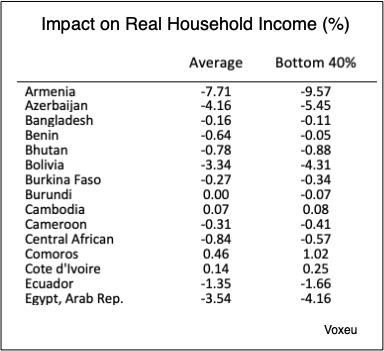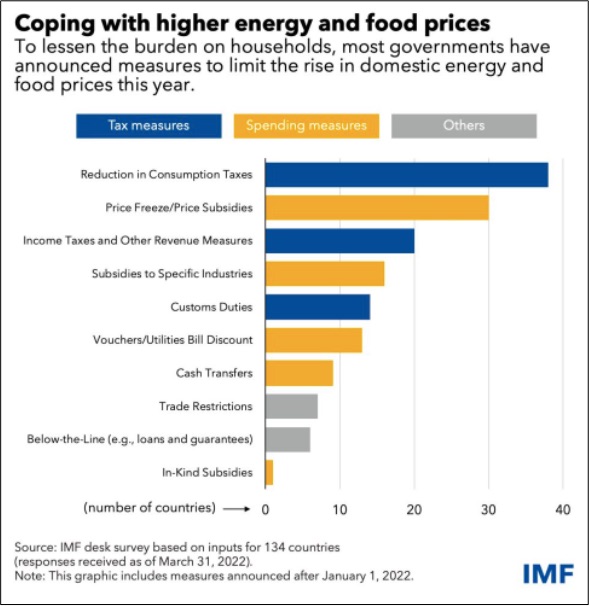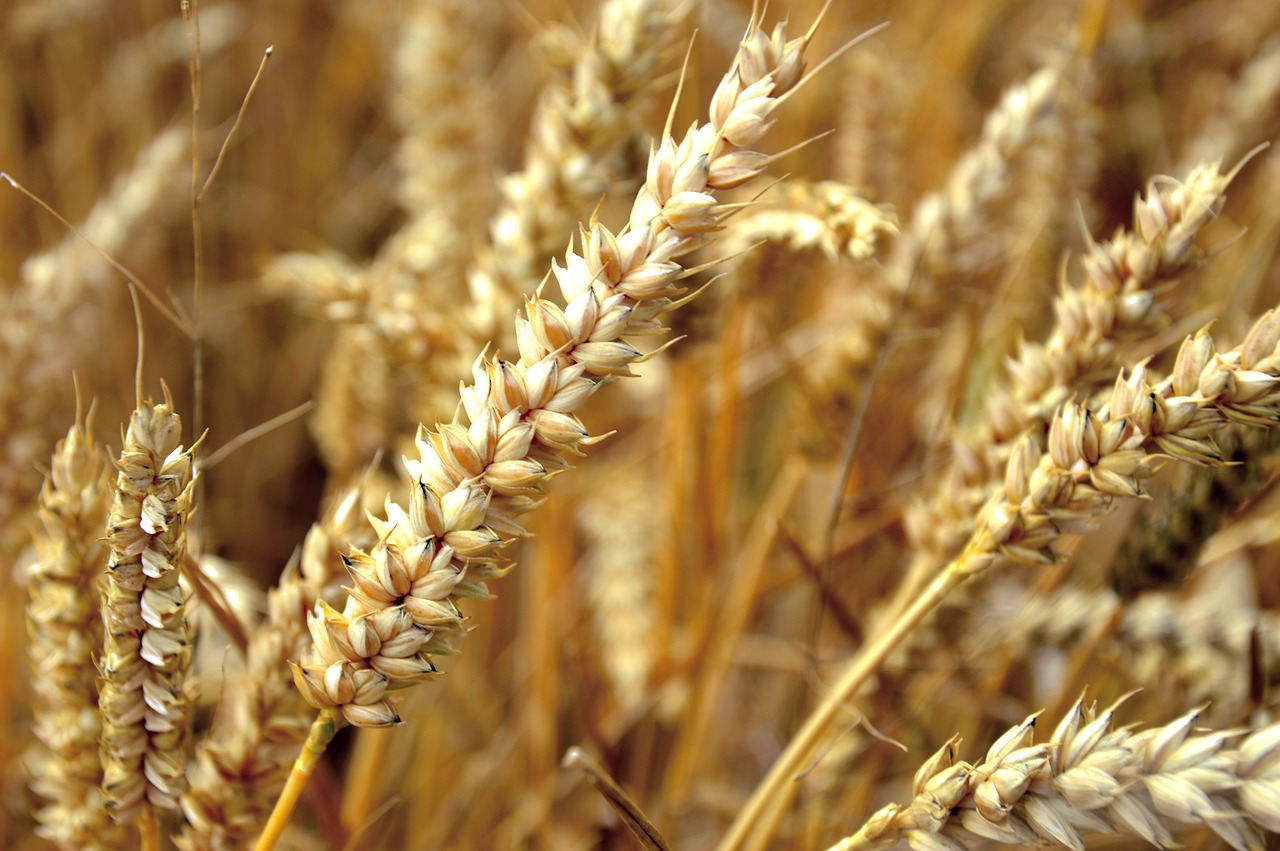Some kids are “Whitearians.” Eating only white, or maybe beige foods, they limit their diet to pasta and a bit of butter.
Many of us are also picky eaters.
The Global Food Supply
Although humans have used 5,538 crops (I question the precise number but you get the picture) for the past millennia, just three currently provide more than 50 percent of our calories and two-thirds of global food-energy intake.
You can see that our crop menu is far more extensive than the wheat, rice, and maize (corn) that we select:
And now, with Covid’s supply chain snarls and the Russian Ukraine invasion, our “Whitearian” diets have been especially hard hit. Reduced wheat exports from Ukraine and Russia have sent prices soaring:

Voxeu has estimated that low income households in nations with a developing economy will suffer the most. Spending a greater share of their income on food, poorer households in 43 countries will experience close to a 1.5 percent income decrease. Economists expect though that, at a 5 percent average, Armenia, Georgia, Kyrgyzstan, and Tajikistan will endure the greatest drop in real household income.
Choosing from a long A-Z list, I’ve included Armenia through Egypt:

The Fiscal Response
Trying to cushion the pain, governments are responding. According to an IMF blog, data from 134 countries indicate that consumption taxes are down while subsidies are up:

Our Bottom Line: Scarcity
When we slice away all of the complexities that complicate economics, we wind with scarcity.
Defined as limited quantities, scarcity is the economic problem. Because all goods and services are scarce, nations have to figure out how to produce and distribute them. And now, with supply distortions and war, the problem has gotten worse.
A Johns Hopkins scholar suggests that the time has come to diversify our food supply. But, as you might expect, it will be tough to disrupt the status quo. However, climate change, “black swan” events, and the need for a nutritional uplift have made it ever more necessary.
We cannot remain “Whitearians.”
My sources and more: My Bloomberg Opinion email alerted me to our picky diet. From there, for global data, my go-to is frequently the IMF blog to which I subscribe. Completing the picture, this Voxeu column looked at the impact of the Ukraine invasion on low income countries. Then, if you still want more, do return to a recent econlife post on wheat prices.







